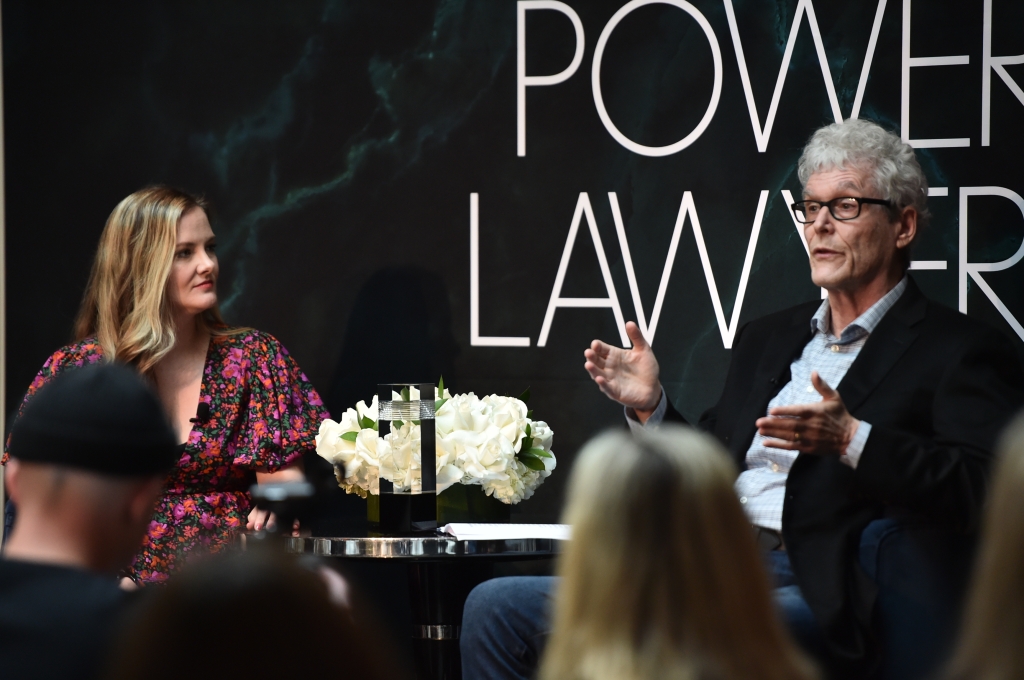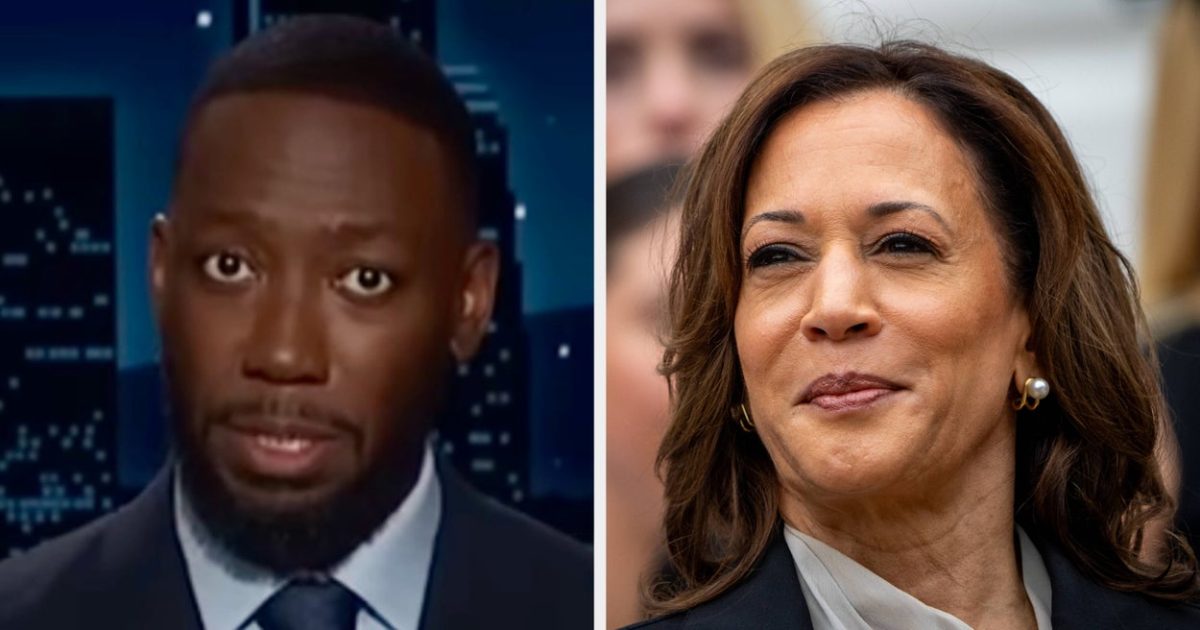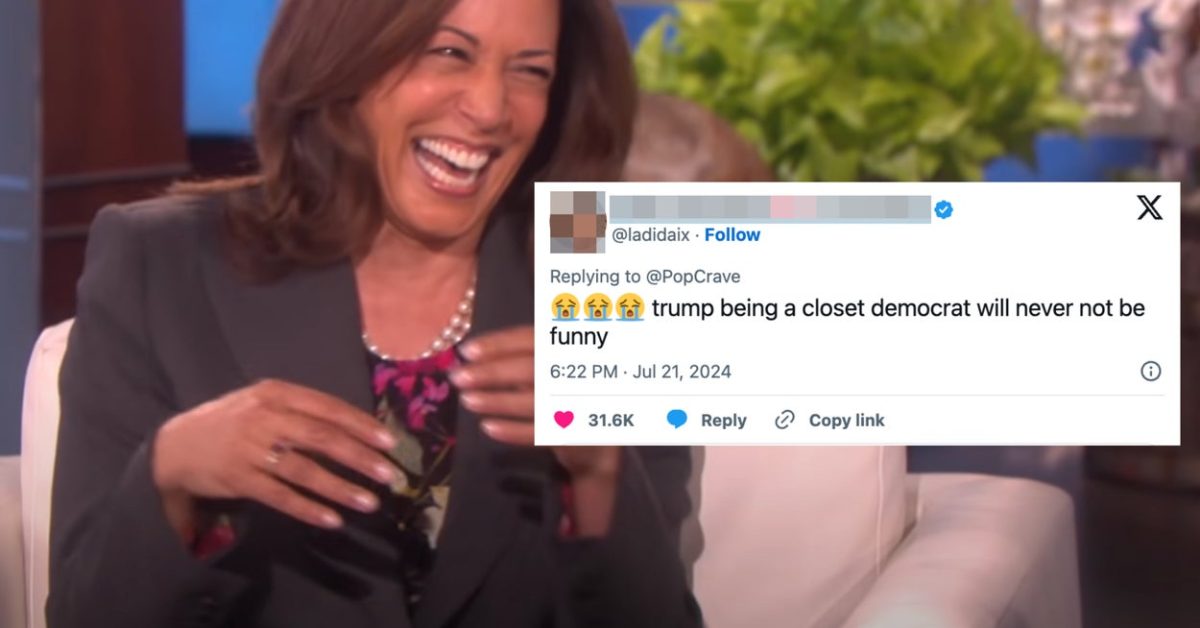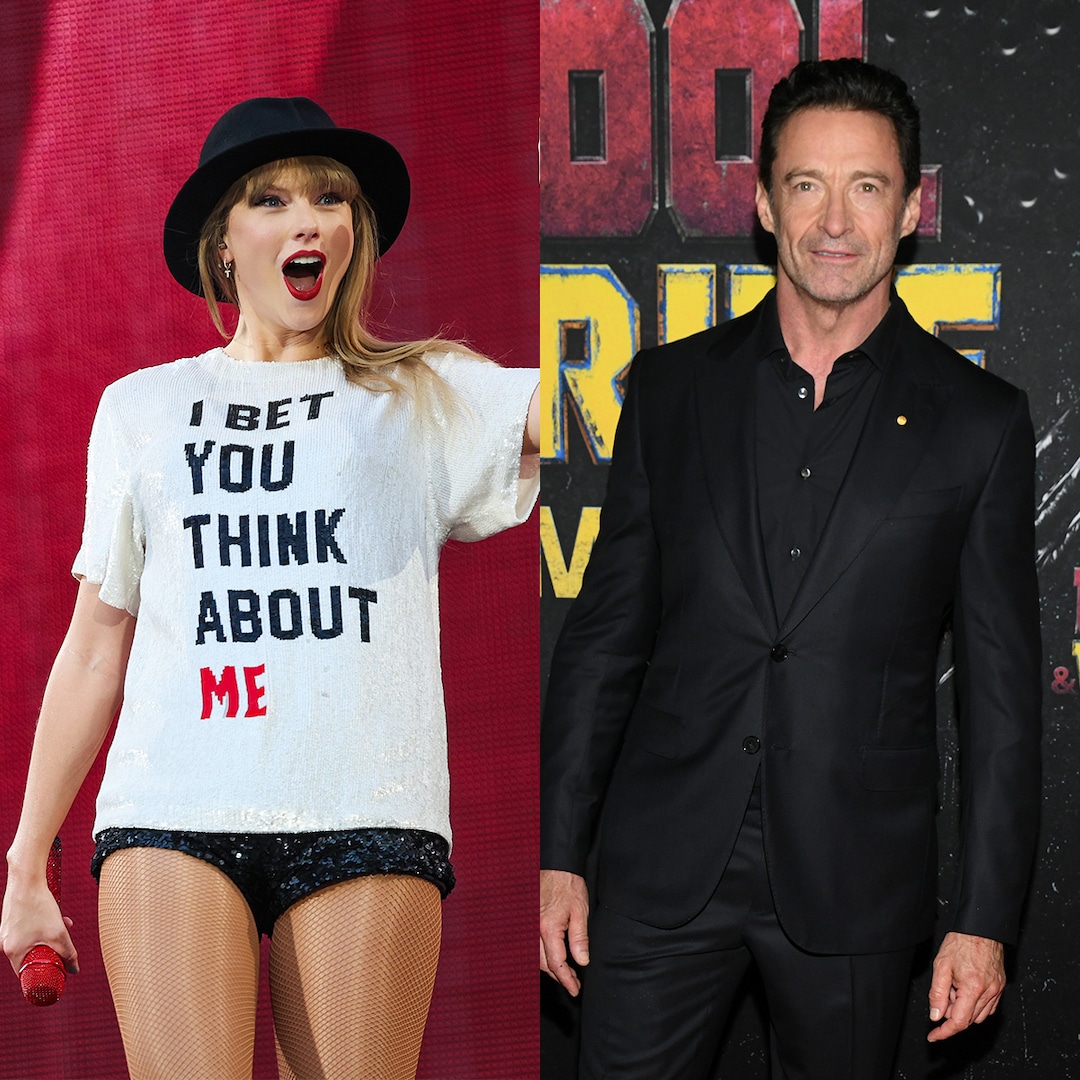
Don Passman Talks AI and Music Monetization at THR’s Power Lawyers Breakfast – The Hollywood Reporter
Apr 15, 2023
The music industry is the proverbial “canary in the coal mine” for the rest of entertainment, and issues around monetizing content in the streaming era and the complicated questions posed by the emergence of artificial intelligence are ones Hollywood can benefit from watching, according to veteran music lawyer Don Passman.
The attorney spoke during a keynote conversation as part of The Hollywood Reporter‘s breakfast honoring the industry’s Power Lawyers, an annual event that had gone virtual amid the pandemic and returned to Spago in Beverly Hills this year.
The event on Wednesday morning began with remarks from THR editorial director Nekesa Mumbi Moody, who welcomed the group. “Congratulations to this year’s Power Lawyers for their exceptional achievements,” she said. “We’re so thrilled we’re finally back together celebrating in person for the first time since 2019. … And it my privilege to be congratulate the new inductees of THR‘s Legal Legends: Michael Gendler, Ira Schreck, Daniel Petrocelli, Bobby Schwartz and Ivy Kagan Bierman.”
Then Moody introduced Disney Entertainment co-chairman Dana Walden, who presented the Raising the Bar award to Horacio Gutierrez, senior executive vice president, general counsel and chief compliance officer of The Walt Disney Company.
After that presentation, Passman joined yours truly on stage for a keynote Q&A that spanned changes in how music is being monetized in the streaming era, why artists have more power in the modern landscape, and how emerging artificial intelligence could impact the industry.
“The music business over the last number of years has gone through more changes than it did in its entire history,” said Passman. “Since the beginning, the music business has always been monetized by selling something. Whether it was a piano rolled or a wax cylinder or later vinyl and CDs, it was always monetized by selling an object. When steaming became a force, monetization suddenly was no longer about buying something, monetization was about renting something.”
Pre-streaming, fans would go buy CDs and songwriters, artists and labels got paid the same amount regardless of whether people listened to them a hundred times or never took the disc out of its case. Now, he said, it’s the opposite because there’s a finite pool of money and that’s split proportionally based on the number of streams.
“In the past, if I had a hit record, it didn’t matter if you had a hit record. Your fans bought yours, my fans bought mine,” he said. “Now that’s no longer true. The more streams I get, the less you get. … The competition now is not for sales. The competition is for listens.”
Another major change, he said, is how artists are getting their music out and who’s in control of that.
“What’s going on is a shift in power away from the record labels over to the artists, something extraordinary. I’ve never seen anything like it before,” he said. “The record gatekeepers don’t have the power they used to. You can get your music on all the streaming services in an hour.”
While that means there’s no barrier in getting music to fans, it also means the market is saturated. “Every day, there’s a hundred thousand new tracks uploaded,” Passman said. “Think about that. The challenge is how do you break through the noise?”
One way: Breaking out on TikTok. He said the ability for an artist to blowup on the platform and rapidly build a fanbase is changing how labels think about deals.
“The record labels have now hired all these data geeks that just watch the trends on the internet, and when they see something start to move they go after it.,” Passman said. “They all have the same data, so they’re all going after it, and you get these bidding wars for artists that nobody’s ever heard of. These artists can get deals that were on that were reserved for superstars years ago: seven figure advances, ownership of the masters, sometimes not always, 50-50 profit shares instead of a royalty.”
He continued, “So you’re getting all these new deals and all these extraordinary things you couldn’t get before because the record labels made a decision that they would rather spend more money and take less risk because they’re buying something that’s already got momentum.”
Then the conversation shifted to the emergence of artificial intelligence and what implications that has for the music industry. (If you haven’t seen David Guetta’s A.I. Eminem clip yet, it’s worth a watch. And this part of Passman’s talk is embedded below.)
“Going back to what I said in the beginning about how the streams are monetized. You take the total number of streams and you divide it by the number of plays. Well, in AI, you can go and say, ‘Hey, write me some spa music.’ And within 20 minutes you’ll have enough for 4,000 massages.”
And, he warned, if you put that rapidly-produced AI spa music on streaming services it has the potential to divert revenue away from human artists by diluting the pool of money.
Then, of course, there’s the copyright issue. After a primer on U.S. copyright law and protections for sound recordings (which weren’t established until 1972), Passman turned to something used by some foreign territories called neighboring rights. While U.S. copyright law currently requires a human author for a work to be eligible for protection, which would exclude AI-created works, neighboring rights might cover sound recordings that aren’t created by a person.
“Neighboring rights is completely separate from copyright,” he explained. “It’s a right for the author and the quote producer, which means the owner, the record label and the actual producer, to get paid when a recording is performed. Therefore, in those territories, for AI you should be able to get a performance payment for the sound recording. Now, there’s no author, so it wouldn’t be the artist. It would just be the record label. That’s probably what’s coming down the road and it’s a concern because it’s going to, once again, dilute what goes into the [revenue] pool.”
Of course, it might not always be the case that AI-created works aren’t copyrightable. Passman noted that there’s pending litigation on the topic and there’s potential for legislation. Until then, it creates an interesting thought exercise on the line between author and tool.
“Suppose that you go to the AI and you give it very specific instructions. You say, ‘I want a picture of Kim Jong-un and Abraham Lincoln wrestling on a roof in Mumbai in leotards [and] the audience is purple.’ … I don’t know why anybody wants that, but is that enough human input? Nobody knows,” he said. “If this becomes a tool like a computer — which is what you would argue that it’s enhancing what you do — you certainly can get a copyright in the creative part that you put together.”
Passman continued, “It seems like if it’s an enhancement it should be a perfectly legitimately use, and I don’t think we’re going to stop the technology. I mean, I don’t think you can put the genie back in the bottle. I think it’s out there and people are going to use it in some fashion or another. … So, it is it like a synthesizer which now creates music that sounds like an orchestra? Who knows? We’re going to find all these things out. Certainly a fascinating and interesting area.”
So, what should Hollywood’s top lawyers take away from all this?
Passman said, in closing: “The people in this room are the most sophisticated in the business, and we can use all your brains. Historically, the other industries have followed music. We were the first schlumps to get it on piracy and be a model for what was going to happen elsewhere. So, take a look at us. We’re a microcosm and things move very quickly. Use us like the canary in the coal mine to watch what’s happening.”
Publisher: Source link
Lamorne Morris Thinks Kamala Harris Has This Advantage Over Donald Trump
Trump said that President Joe Biden, who dropped out of the race on Sunday while recovering from COVID-19, never really had the infection. “Really? Trump thinks Biden never had COVID?” Morris said on Monday. “You don’t pretend to have COVID to get out…
Jul 26, 2024
Khloe Kardashian Is Ranked No. 7 in the World for Aging Slowly
Khloe Kardashian's body is out for more than just revenge. In fact, the 40-year-old is one of the world's slowest agers—a revelation she learned after taking a blood test to determine her body's biological age compared to her calendar age.…
Jul 26, 2024
Reactions To Trump’s Kamala Harris Donation
Just as many white Americans used their Obama vote to excuse their internalized racism, Lauren Boebert seems to have adopted this same ideology, ignoring Trump's long record of racism against African Americans, Mexicans, Hispanics, Native Americans, Muslims, Jews, and immigrants, and discrimination against women and…
Jul 25, 2024
Hugh Jackman Reveals What an NFL Game With Taylor Swift Is Really Like
Hugh Jackman is happy to fill any blank space in Taylor Swift’s NFL game suite. In fact, the Deadpool & Wolverine star recently detailed his experience attending a Kansas City Chiefs game to root on Travis Kelce, alongside Ryan Reynolds,…
Jul 25, 2024











